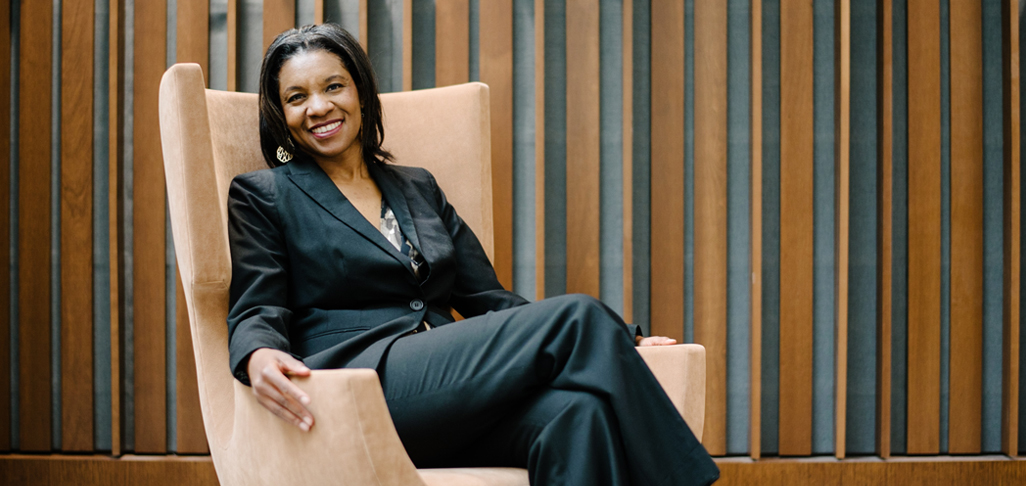When most people think of the legal system, they tend to think of intense litigation within crowded courtrooms, murder, theft, or something equally dramatic. What usually doesn’t come to mind immediately is something like basic human rights.
From an international perspective, human rights violations are among the biggest legal quandaries facing the world, and it’s upon this highly complex aspect of law that Erika George, Co-Director of the Center for Global Justice and professor at the University of Utah College of Law, is focusing her research.
“International law is really the law of states and relations between nation states, but within those states are people, individuals,” George said. “As a human rights practitioner, I’m interested in the way the law gives us an avenue to alleviate suffering. It’s my belief that the law can either have a role in elevating the human condition, or exacerbating conditions that are inconsistent with human dignity.”
As George explained, within many countries, the law is not your friend like it is here in the United States. The law may be biased in favor of a corrupt government, leaving citizens with no legal recourse for trampled rights.
George’s work focuses primarily on human rights concerning women and children in Africa. Having previously worked with the New York-based organization “Human Rights Watch,” George is also particularly interested in raising awareness regarding consumer and business decisions, and their impact on international human rights.
George’s work has allowed her not only to bring her experience to Utah through the Center for Global Justice, but to the international stage was well through observation and participatory work directly with the United Nations regarding human rights advocacy. This work is something that George is happy to be able to incorporate directly into her business and human rights seminars as well as her constitutional law courses here at the University of Utah.
“I’m very interested in field work and taking testimonials from people who are being affected by human rights violations and incorporating that into conversations about law,” George said. “I believe in exposure and having something practical to bring back to the classroom. So it’s important that I get out and do this kind of work.”
For most people, the concept of business and consumer choice having a connection to international human rights violations is a foreign, and often inconvenient one. We don’t like to think about the fact that our electronics, our food, and clothing are often the result of child labor, or slavery in countries across the world.
George said issues like the ongoing mining of conflict minerals in the Republic of the Congo are perfect examples of the need for a change in how we think about consumer and business choices in regards to international human rights advocacy. With more than five million people killed in the Republic of the Congo in conflict over minerals used in cellphones and similar convenient technologies, the issues are becoming more prevalent than ever. Legal interest, on the other hand, George said has been harder to develop.
“What captures attention is what gets action,” George said. “So framing this in a way that is not going to put people to sleep has been a challenge. It’s broad, diffuse work that’s not as appealing as a terrorist blowing up a building. So getting attention to these everyday [human rights] violations that aren’t necessarily at the scale of genocide is difficult.”
Legally speaking, George hopes to look into policy regarding business and consumer decisions, and the potential legal recourse there could be for those whose rights have been violated. Her hope is that it leads to a larger form of globalization and reform back at the University of Utah.
“These are the types of issues I’m interested in educating people about,” George said. “How we’re connected through commerce and choice, and how maybe different choices would have different outcomes that would be better for us all. I’m hopeful that part of the University’s reach for global engagement will be more than just marketing, but that it will be about educating our students in ways that make them conscious of the world around them, their role in it, and the impact they have.”
For more information on the University Of Utah Center for Global Justice:
http://www.law.utah.edu/research/center-for-global-justice/

